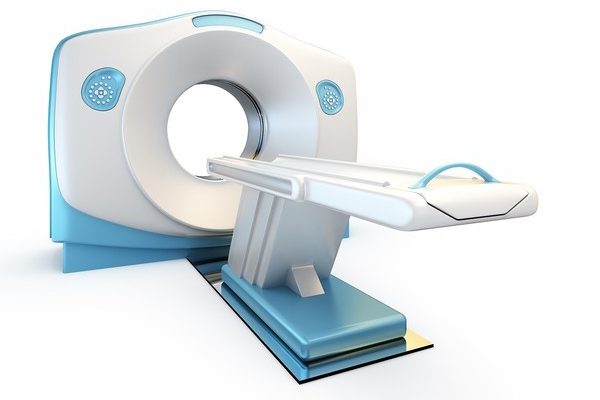Today, a patient said to me, “Doc, I understand I have cancer, but when you start talking about tumors I really get scared.” Now, I certainly did not intend to frighten him, I was just trying to explain the situation. I started thinking about these loaded words and the confusing messages they can deliver. Is “cancer” the same as “neoplasm?” Can you have “tumor” without “malignancy?” Are there “benign masses?” So, in the interest of clarity, and so I stop needlessly unnerving my patients, I present the following definitions:
Growth – any abnormal tissue that can increase or is increasing in size. May be benign or malignant.
Neoplasm – a growth of cells. The growth may be out of control and never stop (in which case it is cancerous) or may grow only in one place and never spread (in which case it is benign). All cancers are neoplastic, but not all neoplasms are cancer.
Benign – a group of cells which grow in one place and can not spread to another part of the body. Most eventually stop growing. There are benign and cancerous tumors of most tissues in the body. This is why it is vital to do biopsies to determine how a growth is likely to behave.
Cancer – any growth of identical cells which is out of control and never stops. Cancers have the ability to invade into the tissues around them and to spread beyond their site of origin. Unlike normal cells, which have limited life span, cancerous cells are referred to as “immortal.” Cancers can be solid, like lung cancer, breast cancer or prostate cancer, or can be “liquid” as in leukemia. There is no such thing as a benign cancer.
Malignant – same as cancer. All cancers are malignant and all malignancies are cancer.
Tumor – any mass or solid growth of cells. May be malignant or benign. Not leukemia, which is liquid.
Mass – the same as tumor. A mass, like a tumor, may take any shape and is usually not round.
Cyst – any abnormal fluid filled, bubble-like structure. Can be benign or malignant. More likely to be malignant (cancer) if not a simple bubble but has multiple internal walls and is “complex.” A cyst, which is infected, is called an “abscess.”
Plaque – Cancerous growth as a coating or layer on the outside of an organ (like the lung or intestines). This can be as thin as a coat of paint, thick like crust on Italian bread or very thick like carpet. Such plaques are as hard as cement and can invade the organ they are touching.
Effusion – liquid that builds up in a space inside the body. A “pleural” effusion is fluid that collects in the chest cavity around the outside of the lung. “Ascites” is an effusion which builds up in the abdomen outside of the intestines. Effusions can be full of cancer cells, in which case they are malignant or can be caused by other problems (such as bleeding, infection or liver disease).
Metastasis – the spread from the original site of a cancer. For example, a lung cancer that spreads to bone. A metastatic cancer keeps the name of the site from which it started. A lung cancer in bone is still lung cancer, not bone cancer.
With the above definitions, the following sentences should make sense:
– The malignant breast tumor metastasized to the lining of the lung forming a plaque, which made the patient short of breath.
– The biopsies determined that the two neoplasms of the liver were not cancer but were benign masses and did not need treatment.
– We were worried that the growth in the ovarian cyst might mean ovarian cancer but it turned out to be benign.
– In the effusion we found malignant cells and realized it was metastatic colon cancer.
– Benign neoplasms never become cancerous tumors.
I hope this helps. This stuff is scary enough without the words themselves being the enemy.







8 Comments